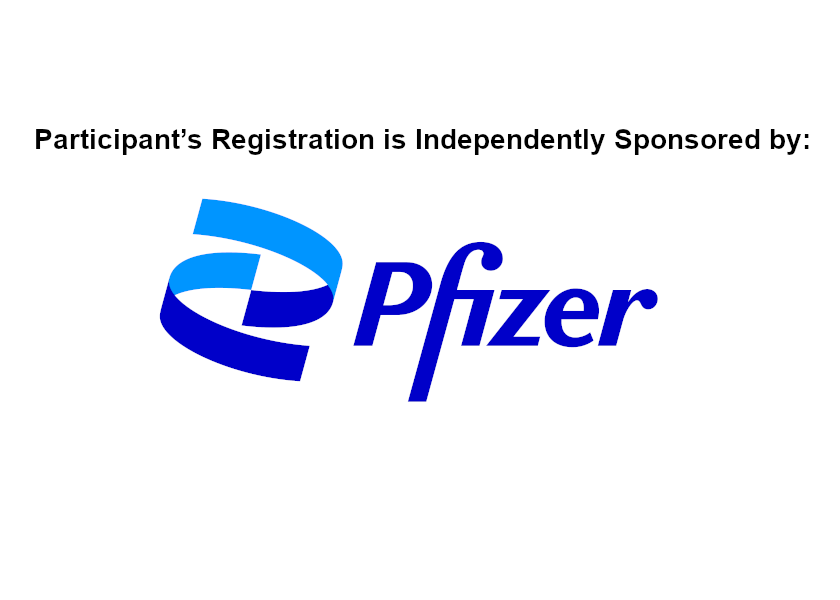MIMS Education


Outpatient Treatment for Non-severe COVID-19 Infection: Review of Evidence
Overview
About this course
Several SARS-CoV-2 virus variants have emerged since the pandemic started. Alongside the threat of these emerging variants, the evidence for COVID-19 therapeutics has likewise grown.
In the last two years alone, several medications have been shown to prevent hospitalization among vulnerable groups who have non-severe COVID-19 infection. However, guidelines continue to change as some drugs are deemed ineffective for emerging COVID subvariants. This e-learning module reviews the most recent outpatient medications recommended by the WHO for non-severe COVID-19 infection, the mechanism of action of these drugs, their adverse effects, and summarizes the available evidence regarding these therapeutic options.
Learning outcomes
Upon completion of the educational activity, participants will be able to- Identify the most recent outpatient medications recommended by the WHO for non-severe COVID-19 infection
- Understand the mechanism of action of these drugs, their adverse effects, indications, and contraindications
- Review the available evidence regarding these therapeutic options
Topics covered
- Introduction
- WHO COVID-19 severity definitions
- Identifying patients at risk for hospitalization
- Risk factors for severe COVID-19 outcomes
- Recommended action points for management
- Active monitoring, preventive measures
- Consider therapeutic options
- Overview of outpatient medications
- Antivirals: Nirmatrelvir-Ritonavir, Remdesivir, Molnupiravir
- Monoclonal antibodies: Bamlanivimab-Etesevimab, Bebtelovimab, Casirivimab-Imdevimab, Sotrovimab
- Current WHO recommendations
- Recent updates
Keywords: COVID-19, COVID antivirals, nirmatrelvir ritonavir, molnupiravir, remdesivir, WHO recommendations
Participant’s Registration is Independently Sponsored by



